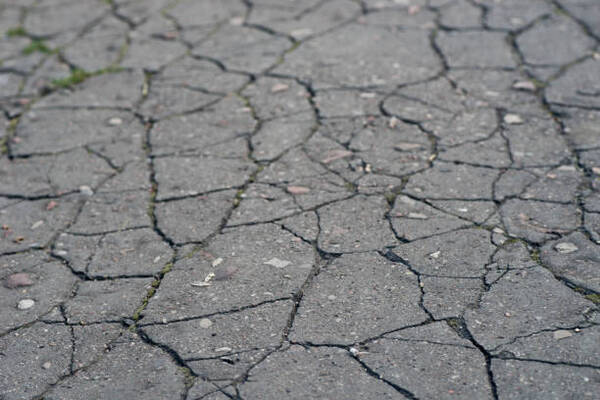- 1-905-452-8193
- Contact Us
- Member Login
- Get Listed Today
- 220,911 members

If you are like most homeowners, you probably take great pride in your home and want to keep it looking its best at all times. One of the ways you can do this is by ensuring that your driveway looks good and is in good condition. If you have an asphalt driveway though, there might be a good chance that it will eventually start to crack.
According to asphalting Sydney owner Leanne Diggins, an asphalt driveway can provide a beautiful and durable surface for your home, but only if it is properly installed and maintained. One common problem that many homeowners experience with their asphalt driveways is cracking. There can be a variety of reasons why your asphalt driveway has cracks, but fortunately, there are also several solutions.
Find out what causes those crevices in your asphalt driveway, and what you can do to patch them.
1. The driveway was not installed properly.
If your driveway was not installed well, it is likely to crack sooner rather than later. Make sure to hire a qualified contractor who knows how to properly prepare the surface and lay the asphalt.
2. The driveway was not sealed correctly.
If your driveway was not sealed correctly, it will be more prone to fissures. Make sure to have the driveway sealed regularly to protect it from the elements.
3. The driveway was not maintained properly.
If your driveway was not maintained properly, it will be more prone to having crevices. Make sure to sweep and seal it regularly.
4. The asphalt was not of high quality.
If you did not choose an asphalt product of high quality, it may crack sooner rather than later. Make sure to ask your contractor about the quality of the asphalt before you have it installed.
5. The driveway was not installed in a climate-appropriate way.
If you live in an area with extreme weather conditions, your driveway may be more prone to cracking. Make sure to talk to your contractor about how to best install the driveway for your climate.
6. The driveway was not installed on a level surface.
If the driveway was not installed on a level surface, it will be more prone to forming fissures. Make sure the surface is prepared properly before installing the asphalt.
7. The driveway was not installed with expansion joints.
If the driveway was not installed with expansion joints, it will most likely form crevices. Make sure to ask your contractor about installing expansion joints when having your driveway paved.
8. The driveway has been overloaded.
If the driveway has been overloaded, it’s likely to crack. Make sure to keep heavy vehicles off the driveway and to spread the weight evenly.
9. The driveway has been damaged by a vehicle.
If the driveway has been damaged by a vehicle, it may develop a crack. Make sure to keep vehicles off the driveway when it’s wet and to take care when driving over it.
10. The driveway has been damaged by salt or ice.
If the driveway has been damaged by salt or ice, it will likely lead to cracks. Make sure to remove snow and ice from the surface regularly during the winter months.
11. The driveway was not installed in a sunny location.
If the driveway was not installed in a sunny location, it may be more prone to cracking. Make sure to talk to your contractor about the best location for your driveway.
12. The driveway was not installed with a drainage system.
If the driveway was not installed with a drainage system, it will develop fissures faster. Make sure to ask your contractor about installing a drainage system when having your driveway paved.
If you are dealing with cracks in your asphalt driveway, there are no reasons to be concerned – there are fixes available. Talk to your contractor about the best way to repair your driveway and get it back in good condition.
